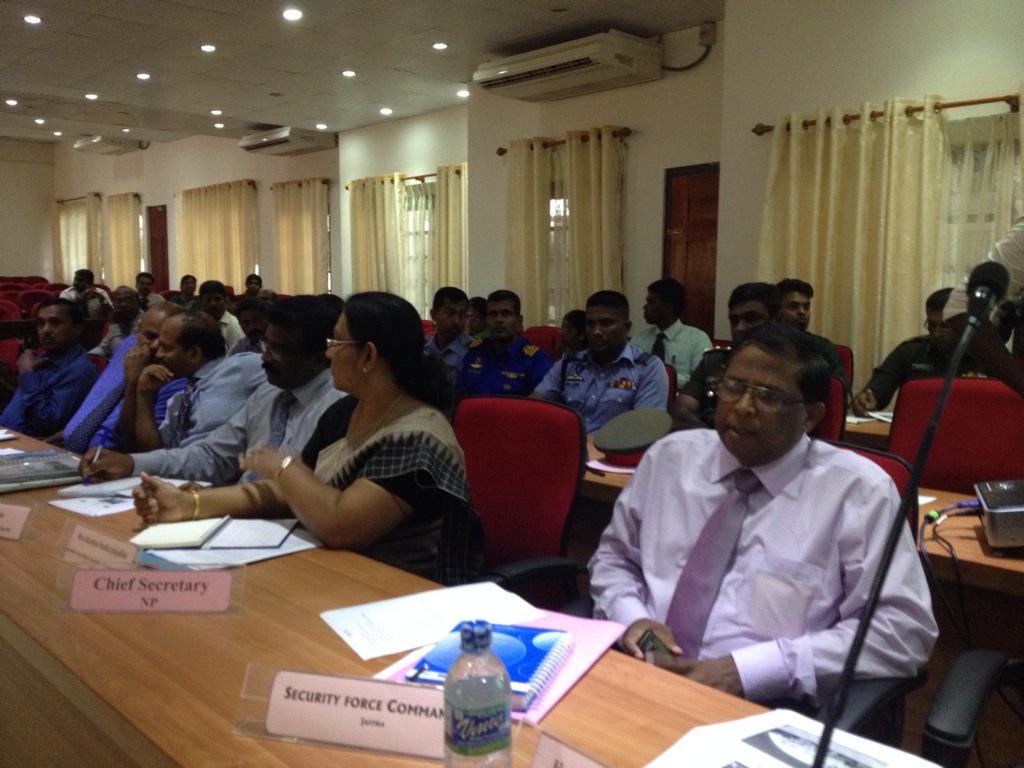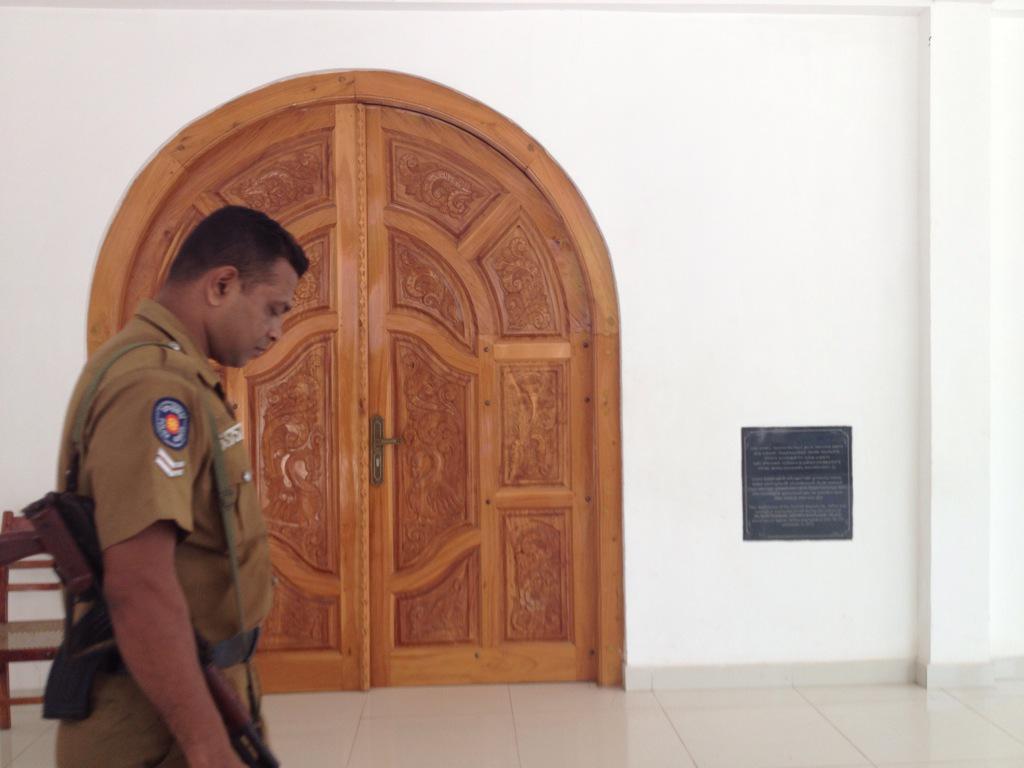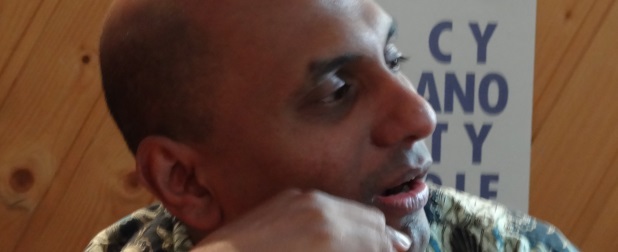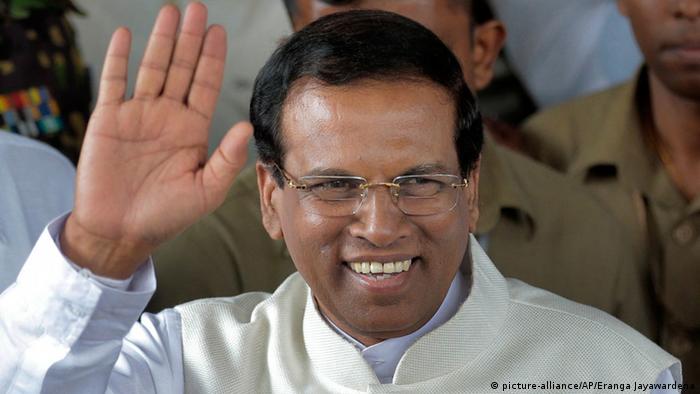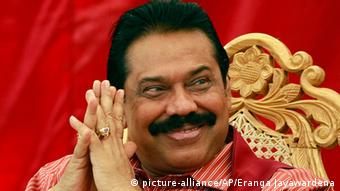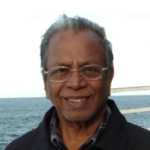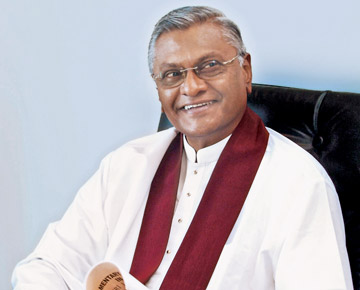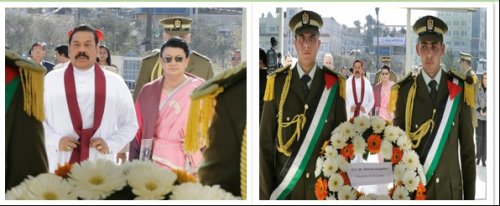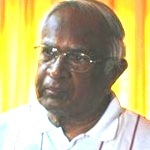
 TUESDAY, 30 JUNE 2015
TUESDAY, 30 JUNE 2015
"Before the general election masses rejected the political culture set up during Mahinda Rajapaksa regime. Now, those who have been rejected during the SLFP crisis are getting ready to contest the election. President Maithripala Sirisena cast away the country and the people to give preference to his party. Now discussions are being held to get the thieves from the old regime to contest the election. Masses will never approve this move," said the Information Secretary of the JVP.
He said this addressing a media conference held at the head office of the JVP today (30th).
Speaking further Mr. Herath said, "There was a despotic family rule in this country before 8TH January this year. The people in the country wanted to end this arbitrary despotic family rule. Masses rallied for this purpose without any bias. The JVP too got involved actively in the presidential election to defeat the despotic family rule. At the presidential election our slogan was ‘Defeat despotic family rule! Rally for Democracy!’ In the end all were able to defeat Rajapaksa family rule that was cancerous to this country.
After 8th January a coalition government of Maithri – Ranil was formed. People were promised 100 tasks to be fulfilled in a programme of 100 days. The JVP, without being a shareholder of the government, carried on a task for the country and the people in an attempt to bring in democratic reforms, win economic reliefs and punish fraudsters and the corrupt. People wanted to punish thieves in Rajapaksa regime who had been involved in large scale frauds and thieving. After a few days of the election victory on the 8th January, the JVP handed over a lot of information regarding fraudsters of Rajapaksa regime to Commission to Investigate Allegations of Bribery or Corruption and the CID. Our complaints were against large scale fraudsters. Cases were filed in the Supreme Court. That’s how we mediated to get the fraudsters punished. However, at the end of the 100 day programme the government could not fulfill the promises made to the people. The government started going against the mandate given to it by the masses. We had to take to the streets against the government as it attempted to rule the country ignoring the mandate it received. We agitated demanding the arrest of thieves who were involved in large scale rackets. We held demonstrations and agitations demanding the government to fulfill promises it had made. However, the government, disregarding the wishes of the masses, continued its rule entirely to fulfill its power hunger.
We know that a big change cannot be achieved in 100 days. However, the people expected the government to fulfill the promises made to adopt the 19th amendment, Audit Service Commission, the National Drug Regulatory Authority Bill and establishing an independent police, judiciary and a public service. People also expected that the government would establish the Constitutional Council after adopting the 19th amendment. People thought good governance would be established as promised. However, we knew that Maithri – Ranil administration would never be able to find solutions for people’s issues. This government does not have any solution for issues such as unemployment, issues in education and health sectors.
The government also failed to fulfil the simple issues of the people. Now the UNP states it would reveal various things. They talk about thieves. They should have revealed such information earlier. Saying thieves would be exposed after 6 months is a joke. What the government including the UNP could have done was to take action regarding frauds and corruption that had been already revealed.
People were promised that the government would be dissolved after 100 days. As such, a general election was due after 23rd April. However, this election was postponed day by day. People were not satisfied with the work done during the 100 day programme. Despite stating the cabinet would be appointed scientifically, it was increased to 82. Certain individuals were given posts of presidential advisers making administrators a laughing stock. There was a large scale financial fraud at the Central Bank. The committee appointed to investigate this fraud became a joke. Accusations against the Governor of the Central Bank Arjun Mahendran were being revealed at the Committee on Public Enterprises. The country came to know despite Maithri – Ranil administration bragging about eliminating corruption, there were frauds and corruption during their rule as well. The country started moving towards anarchy. Even then the President did not want to dissolve Parliament. President Maithripala discarded the country and the people to en-clasp his party. As a result the country moved further towards anarchy. Taking action against fraudsters in the previous government was delayed.
Due to the power struggle in the SLFP Mr. Maithripala Sirisena had to consolidate his power as the president of the party. He didn’t take necessary urgent decisions on behalf of the country. SLFP – UNP coalition government did not take any attempt to punish the corrupt. They took measures to protect thieves. The people expected different policies from them.
Now, the Parliament has been dissolved. No decision was taken when the Parliament was due to be dissolved. Before the general election masses rejected the political culture set up during Mahinda Rajapaksa regime. Now, those who have been rejected during the SLFP crisis are getting ready to contest the election. President Maithripala Sirisena cast away the country and the people to give preference to his party. Now discussions are being held to get the thieves from the old regime to contest the election. Masses will never approve this move.
It is necessary to make a strong effort to fulfill the wishes people expected through the 100 day programme. For this a strong representation of the JVP is necessary in the next Parliament. The present administrators have no solutions for economic issues, unemployment issue of the youth or health issues that torment masses. For this a broad social transformation is necessary and the JVP would use the general election to achieve this. We have already started having small meetings. We are establishing electoral and district boards of authority targeting the election. We have already started preparing nomination lists. We are also taking measures to make available a manifesto from the party. We are having discussions with intellectuals, professionals and scholars to get their suggestions. Our election manifesto would be presented to the masses in the middle of July. We expect to get signature to the nomination papers on 11th July. We are also making all arrangements to face the election with a new propaganda structure.
We are preparing nomination papers with vigorous individuals to have a strong representation in the Parliament. Accordingly, we put forward a team led by Comrade Anura Dissanayaka to Colombo District. Other members of the team will include Member of the Political Bureau of the JVP Comrade Lal Kantha, Member of the Central Committee Comrade Laxman Nipunarachchi and Attorney at Law Comrade Sunil Watagala. The Information Secretary of the party Comrade Vijitha Herath, the National Organizer Comrade Bimal Ratnayaka and Member of the Central Committee Comrade Mahinda Jayasinghe will be among those who contest Gampaha district from the party.
Member of the Central Committee Comrade Nalinda Jayatissa will contest Kalutara District while Matara District team will be led by the Member of the Political Bureau Comrade Sunil Handunneththi. Badulla District team will be led by the Member of the Central Committee Comrade Samantha Vidyaratna while Hambantota will be led by the Member of the Central Committee Comrade Nihal Galappaththi. The team for Jaffna District will be led by the Member of the Central Committee Comrade Ramalingam Chandrasekar, Anuradhdapura will be led by the Member of the Central Committee Comrade Wasantha Samarasinghe, Kegalle District will be led by Member of the Central Committee Comrade Gamini Ratnayaka, Ampara District will be led by former MP Comrade Wasantha Piyatissa.
The JVP expects to contest the election with an alternative programme against the corrupt and deceptive political culture carried out by the UPFA and the same policies followed by the SLFP – UNP coalition during the last 6 months. We propose an alternative programme against the corrupt administrations carried out by the UPFA and the UNP. We, with the support of the masses, would strive to get the maximum representation in the Parliament."





